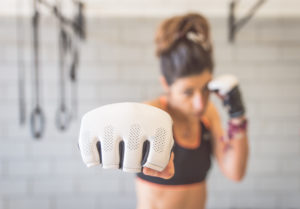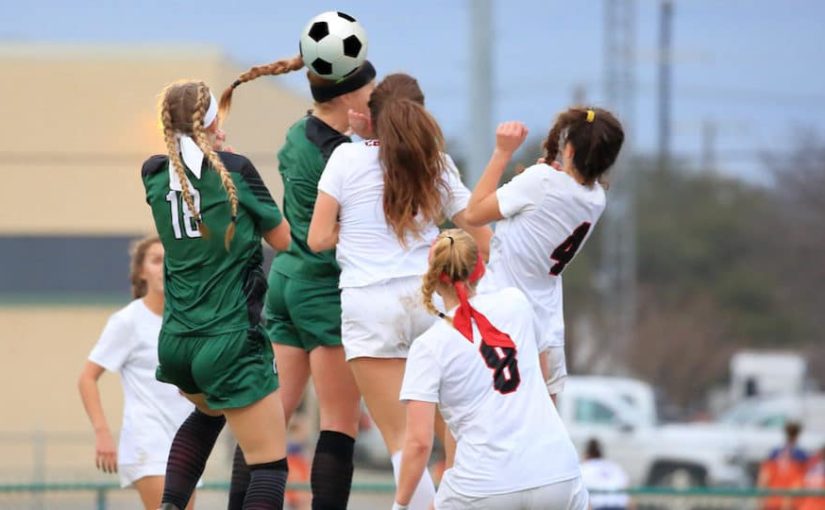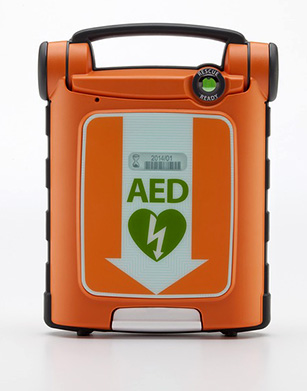How to consistently perform your best during practice, competition
Let’s look at the idea of “when it matters most.” In essence, it all matters. If you think about the days and hours you spend practicing, chances are the time spent training and preparing far outweighs the time spent in competitive performance.
So, how do you make the most of all the moments, including outside of competition? Here are three ideas.
1. Bring awareness to your ideal ‘performance mindset.’
 “Performance” doesn’t just apply to game time. When you’re your best, what’s in play? Do you thrive or crumble under stress? Is your pregame focus internal (all game, all the time) or external (distractive)? Where’s your confidence, and how do you bolster it before stepping onto the field, court or ice?
“Performance” doesn’t just apply to game time. When you’re your best, what’s in play? Do you thrive or crumble under stress? Is your pregame focus internal (all game, all the time) or external (distractive)? Where’s your confidence, and how do you bolster it before stepping onto the field, court or ice?
Practice using the tools necessary to get your mind in the game. And when you’re done, practice some more. Doing so daily — not just “when it matters” — helps make these skills second nature.
2. Equalize the stakes.
This means making practice mimic performance. This makes sense as teams progress further into the season, when the stakes are higher and the pressure is greater. It’s like the more success we see, the more we expect ourselves to continue to be successful.
Learn to develop pre-performance routines that establish familiarity and signal when it’s time to give your best effort. Bring your mental game to the warm-up, and give it the attention already given to your physical warm-up. Preparing the mind is just as important as preparing the body.
3. Focus on controlling the controllables.
Outcomes are largely out of our hands. Recently, 17-year-old Red Gerard became the youngest American gold medalist since 1928, when he won a gold medal for snowboarding at the PyeongChang Olympics, which was the first gold of the Games for the U.S. If you were watching the snowboard slopestyle competition, you saw that his first run wasn’t what won him gold. Neither was his second.
Gerard knew he had three chances. And after runs one and two, he needed to regain focus and get his head in the game. By focusing on the controllables — body positioning, speed, technical preparedness — Gerard was able to bring what he had practiced, time and time again, to center stage. Sure, there were plenty of uncontrollables, the most notable of which was the weather. But Gerard was able to trust in his training and harness the mental toughness essential to his success.
This is the moment you’ve been training for. This is your time. Have your athletes take stock of their mental game and make sure it’s up to par with their physical game. Know that you’ve done everything you can to be ready, both mentally and physically, when all eyes are on you.
Kelsey Griffith is a performance and enhancement rehabilitation specialist at The Micheli Center for Sports Injury Prevention. Learn more at www.themichelicenter.com.





